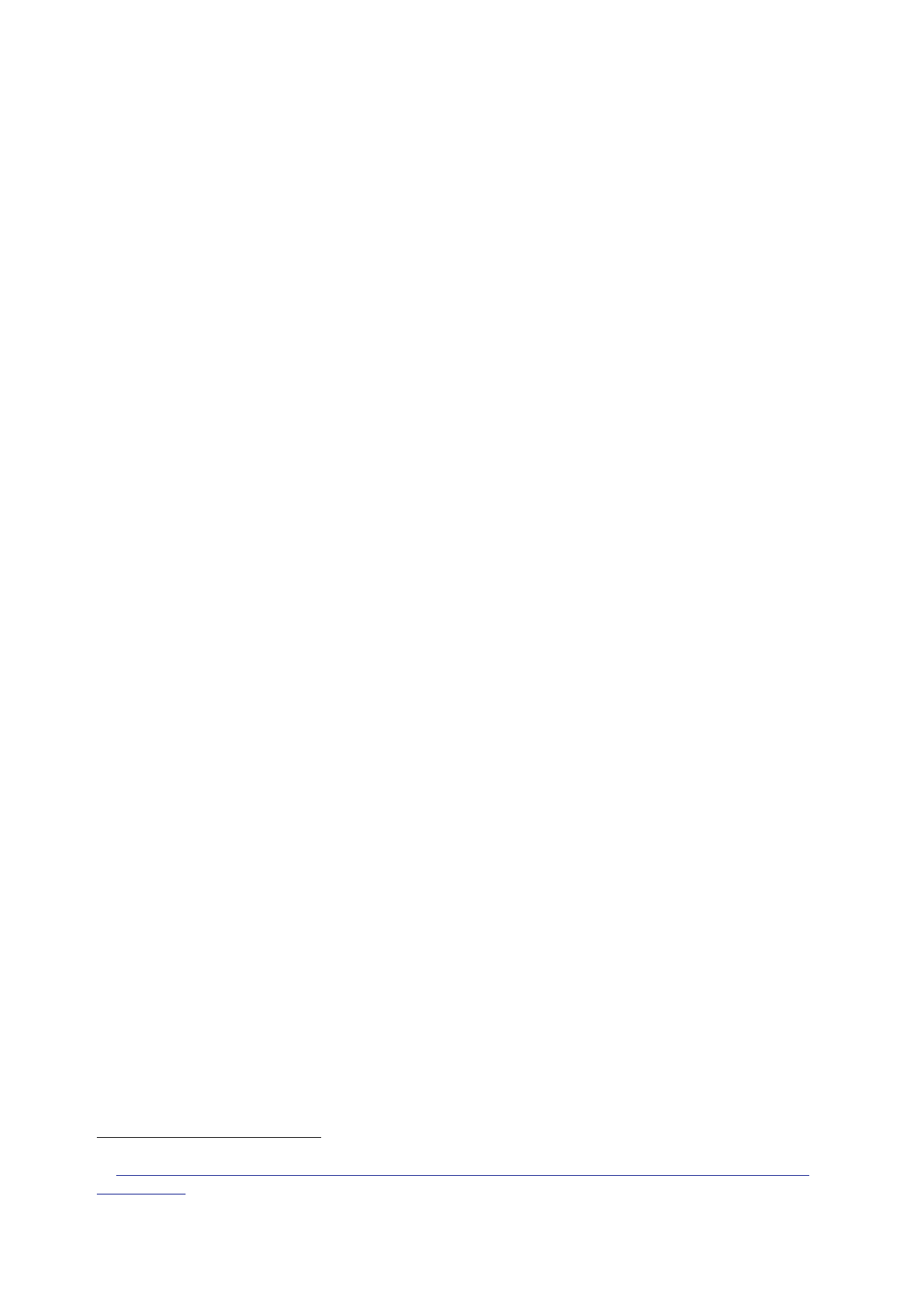
The Report
of the Iraq Inquiry
•
Proscribed
materials were concealed “at innocuous sites such as
hospitals”.
•
“Some
materials, such as missiles, have been and remain on trucks that
are
continually
on the move.”
•
“By the end
of December Saddam was confident that this concealment
strategy
would work
at least until the spring when military options might become
more
difficult –
the aim was to buy time.”
•
Following
the discovery of nuclear-related documentation at a
scientist’s
home on 16
January 2003, orders were given to remove hidden items
from
scientists’ homes.
•
When
inspectors arrived at a hospital at al-Kut in search of hidden
weapons in
January,
they were “confronted by an orchestrated crowd, whose aim was
to
prevent a
full inspection of the area”.
•
Many
proscribed materials were “now being moved daily”.
•
Iraq
continued to ensure, mainly through a policy of intimidation and
monitoring,
that the
inspectors were not able to interview who they wanted.
392.
The brief
concluded:
“Iraq will
continue ostensible co-operation … and seek support in the UNSC to
avert
a war while
continuing an active policy of concealment …
“And as
part of that, and despite current protestations, we know that
Saddam is
likely to
agree to the destruction of all Al Samoud 2 missiles
…”
393.
Sir Jeremy
reported that he had used the points provided by the Assessments
Staff
during
“informal consultations” on 27 February, including
Iraq’s:
“… capacity
to produce chemical and biological weapons; its delivery
mechanisms;
the efforts
the regime had taken to conceal WMD; the fact that the regime
had
considered
whether to declare some weapons but concluded it was too risky;
plans
to obstruct
… [the inspectors] if they got too close; and the intimidation to
prevent
private
interviews which Iraq saw as the weak link that could expose their
WMD.”151
394.
In addition,
Sir Jeremy stated that “UNMOVIC had been tagging
proscribed
equipment
that had been repaired by the Iraqis”.
395.
In meetings
with President Vicente Fox, the Mexican President, and
President
Ricardo
Lagos, the Chilean President, Mr Scarlett emphasised his
confidence
in the
strength, consistency and reliability of both the UK’s intelligence
and the
judgements
it had reached.
151
Telegram
318 UKMIS New York to FCO London, 28 February 2003, ‘Iraq: 27
February Consultations
and
Missiles’.
362
